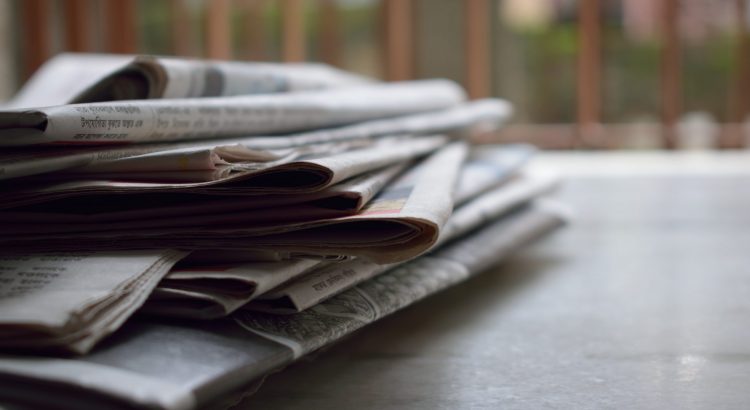Who would’ve guessed this time last year what 2020 had in store?
Back in October 2019, we were in the midst of Brexit entanglements (okay, maybe little has changed there!). Then there was a general election, the economy started to pick up, and we began to hear about a disease in China.
What a difference a few weeks makes. Boris Johnson, a naturally liberal and ‘small-state’ leader, had to impose restrictions on us deeper than those we faced in the Second World War. To top it all, he and his chief medical officer suffered seriously from COVID-19 themselves.
Our Prime Minister, then, had to go against his political instincts; Chris Witty suffered from the disease from which he was trying to protect the public. These examples mirror the kinds of contradictions of choice and, in other cases, moral injury, that many of us have undergone, whether in the form of a curb on our freedom of choice and expression of faith, or in our inability to be present and care for loved ones who are seriously ill due to restrictions in hospitals and care homes.
At FaithAction, we have been looking at the creative ways faith communities have continued to serve their communities and broader localities (see these recorded webinars for more).
In November 2019, we launched our manifesto ahead of the election: The Desire for Decency. In compiling this, we drew from what members had told us throughout our #mymanifesto campaign. It is interesting to see how these manifesto topics still relate to the very different situation we face today, and they’re worth a revisit.
Let’s pick up on one area: the need for unity for the United Kingdom. Over the past 6 months, both through my role on the Government task force for reopening for places of worship, and our ongoing work with the Ministry of Housing, Communities and Local Government, we have been in continual contact with faith organisations and places of worship throughout the country. Behind the headlines, we’ve discovered that faith groups have a greater awareness than ever of their role in serving the general population, and are finding new ways to continue to express the basics of faith, culture and community.
However, this is tempered with a growing weariness and the kind of ‘depleted tank’ many of us can experience when we’re not able to meet together. There are limits to our ability to express love and care to one another from a distance. And with these new restrictions we are also beginning to see a low-level grumbling, as well as the dangerous start of ‘othering’:
We’re doing what we are supposed to, we’re obeying the rules… but they aren’t.
Or:
Why are they allowed to do things we aren’t?
The nature of social media means that these sentiments can gather momentum faster than they might have done in the past. But it doesn’t make them any more accurate. A leading councillor told me this week that two estates in his patch are forever assuming he is showing preference to the other. He admitted sheepishly that, in fact, he is not favouring one or the other, but that there is an equality of lacking. It was not that one estate had what the other didn’t; they both had a loss.
We are in a season of faith festivals (if you want to see the wealth of key dates for faith do check out the Faith Calendar 2020 by the Tower Hamlets Inter-Faith Forum). Aside from the intricacies of faith observance, so much of these festivals are about the coming together of family, friends and brothers and sisters in faith. This togetherness, often as important as the religious observance itself, is the very element which is restricted.
We are endeavouring to advise the government on how to implement wise policies around COVID-19, and we suspect there will be some level of restriction this winter. So we do need to think ahead as faith groups, as families, and as members of our communities. What can we do? How can we share love? How can we promote togetherness?
In the coming weeks, we will explore more good practice in this area, but I wanted to put one thought in our minds. I was talking to some Hindu members about the activities surrounding Navratri and Diwali. For retailers, caterers, and many other employers, these festivals have economies all of their own which are challenged in this current climate. As a nation, we need these businesses to survive, so they may in turn employ people and continue to pay taxes. Temples and other places of worship have been the backbone of communities’ response to COVID-19, but the building and staffing costs remain, even if ‘footfall’ is down.
When we withhold our spending on the one hand, and our giving to places of worship on the other, the result is fewer businesses contributing to society, and fewer places of worship forming a foundation of ‘faith/social capital’.
So, let’s still buy that gift for our Aunty, even if we may not see her in person this festival period. Let’s offer support to our faith organisations and let’s deliberately plan alternative festivities that might bless our family, our friends and those in need.
